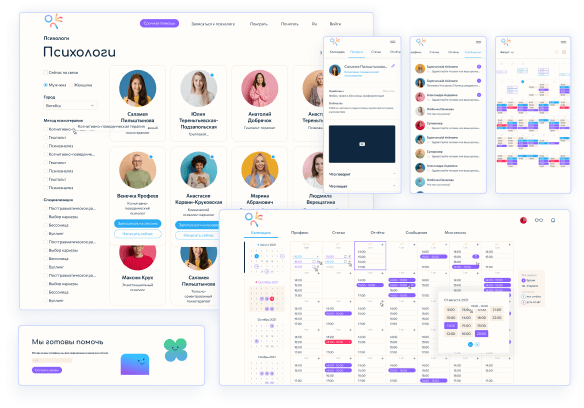Mental Health Support Platform
Unicef
The mental health support platform is designed to connect children and teenagers seeking psychological help, and mental health professionals. UNICEF - an agency of the United Nations responsible for providing humanitarian and developmental aid to children worldwide
About
The mental health support platform is designed to connect children and teenagers seeking psychological help, and mental health professionals. In the pandemic era, the ability to find the right psychologist instantly and the full set of services using remote collaboration tools has become critical, and the mental health support platform aims to perform these challenging tasks in a most convenient and user friendly way.
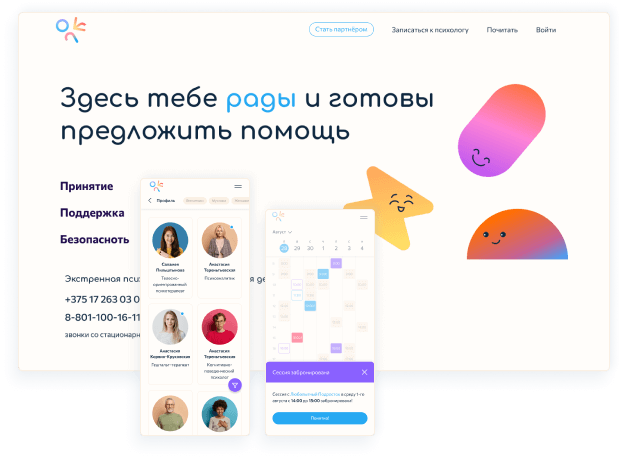
Business challenges
The mental health support portal provides a large number of functions and in fact incorporates features of several information systems including:
- User management system
- Content management system
- Service marketplace
- Appointment management system
- Instant messaging system
- Rich content visualization system
- Data analytics and visualization system
The mental health professionals should be able to apply for membership, fill out the questionnaire, attach diplomas and other documents that prove their competence, and pass the certification process. The platform also introduces the concept of peer consulting where teenagers help their peers to overcome psychological challenges more efficiently since they understand the context of modern teenage life better.
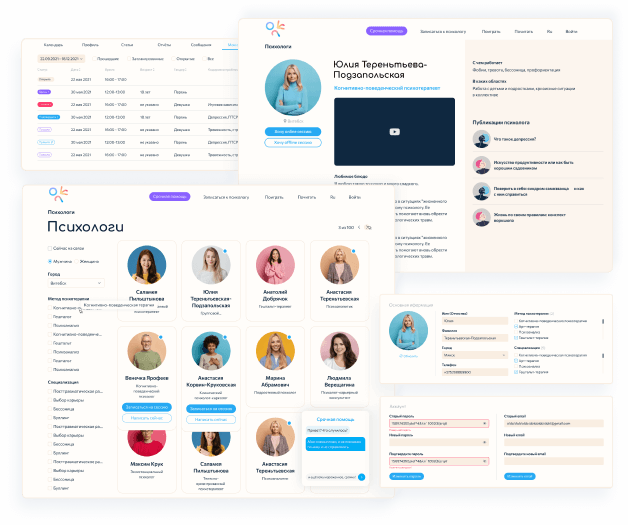
Children and teenagers - the end users of the portal - should be able to get access to the catalog of mental health professionals, filter them by location, gender, professional methods, and other parameters. The portal should provide enough information about the expert to assess whether he or she will be the right fit given the client's request and specific context. For the age of 14 and below, the young clients should be somehow accompanied by their parents who should give their explicit permission to contact the expert.
The portal should provide a calendar view with available hours for each professional as well as the ability to book a session with the full set of related functions such as appointment reminders, cancellation, status monitoring, etc. Another critical function is after-session reporting, which allows the portal administration to assess the efficiency of each mental health professional, provide early problem discovery, monitor the trends and address the emerging issues instantly, given the sensitive nature of the communications.
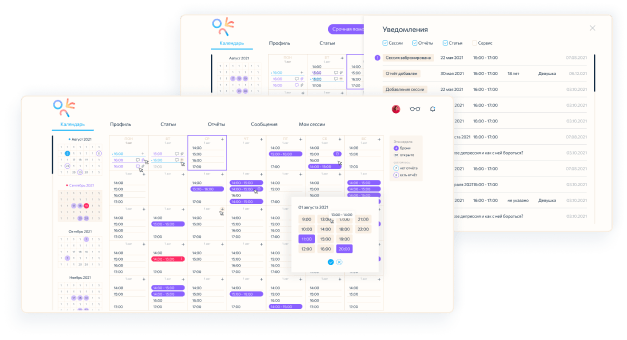
The portal should also provide relevant content which allows the young client to find their way in the scary world of modern day challenges themselves. The content part of the portal should be visual and well designed for children and teenagers accounting for modern trends.
The portal administration should have access to all the data involved in the process and be able to interfere at any stage. The portal should have data analytics and visualization to enable the administration to have a big picture of statistics of client requests and all the session related metrics.
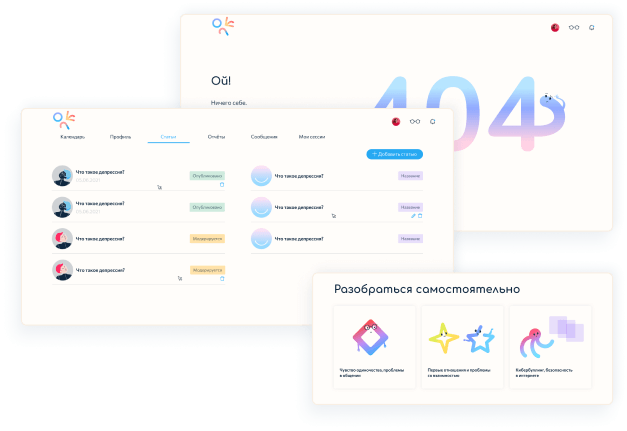
The portal should be SEO friendly with the right coverage of relevant keywords.
The system should allow for multiple installations of the portal aimed for different countries/regions.
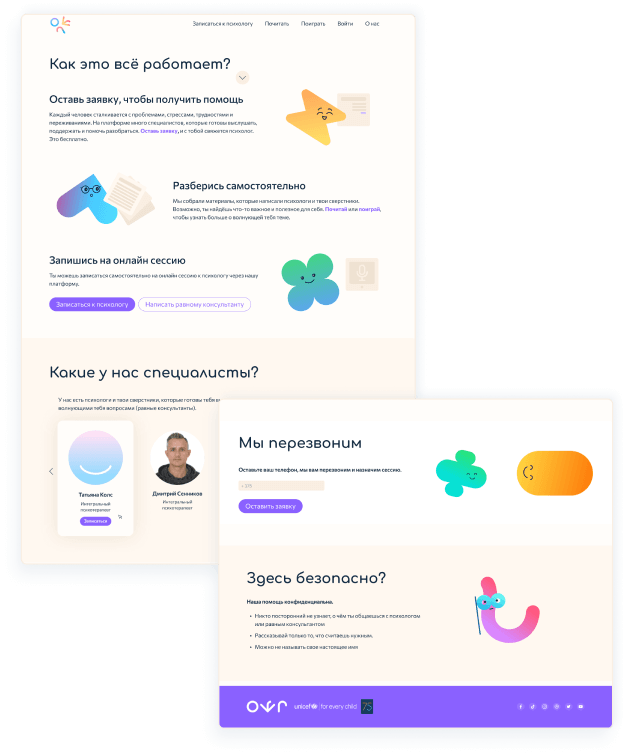
Solution
The mental health support portal was implemented using the Flatlogic CRUD app generation platform. The following tech stack was chosen:
- Vue.js classic frontend template
- Node.js backend with Sequelize ORM
- PostgreSQL DB
The superadmin of the system has full access to the database using the standard CRUD admin. Psychologists, supervisors and clients have their own profiles with ability to edit and contribute their own data.
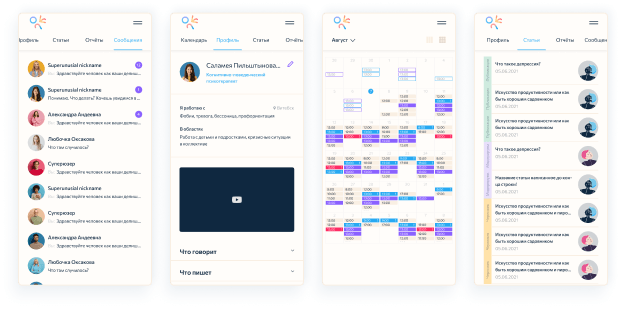
Requirements
-
Responsive design
-
UX Prototyping
-
Working with REST Api
Technologies

